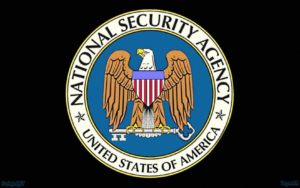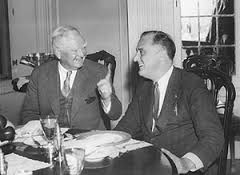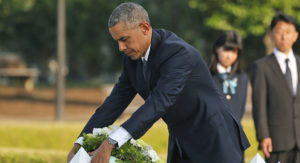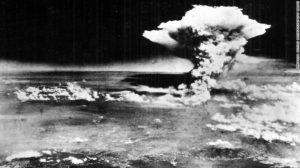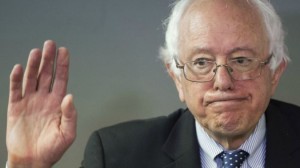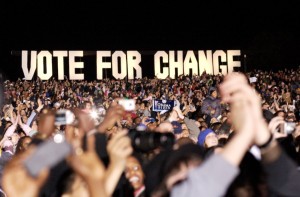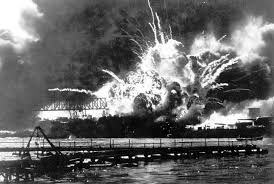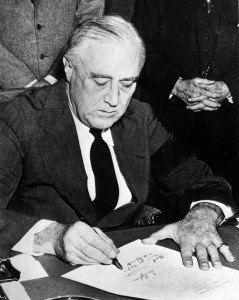Hillary Rodham Clinton and Donald J. Trump — the Democratic and Republican candidates for president, respectively — are set to receive briefings from President Obama’s national security team.
The question keeps bugging me: Will they both receive identical briefings and will they get information that is at matching levels of security clearance?
Trump’s penchant for shooting off his mouth has become somewhat legendary as he campaigns for president. Clinton, too, has problems — allegedly — with protecting national security information.
Of the two, my sense is that Clinton — given her troubles over her use of personal e-mail servers while she was secretary of state — is going to be extra careful with any information she gets from Obama’s national security team.
Trump? I’m not so sure.
This has been a custom dating back to the 1952 when President Truman’s team decided to share this information with Dwight Eisenhower and Adlai Stevenson, the candidates who sought to succeed Give ‘Em Hell Harry.
The intent is to avoid the new president from getting too much of a surprise when he or she takes office. Harry Truman took office in April 1945 and wasn’t told until 12 days after being sworn in after President Roosevelt’s death that, um, we had been doing research on a secret weapon in New Mexico that might end World War II in a hurry.
It was the atomic bomb!
I’m going to assume — yes, I know that’s a dangerous thing to do — that the information given to Clinton and Trump will be given in the strictest confidence. That means the people giving it will be sworn to secrecy, as well as the people receiving it.
Are they bound by any rule that requires them to give Trump the same intelligence briefing they give to Clinton?
More to the point, can the intelligence briefers and the candidates keep it all of it a secret?
